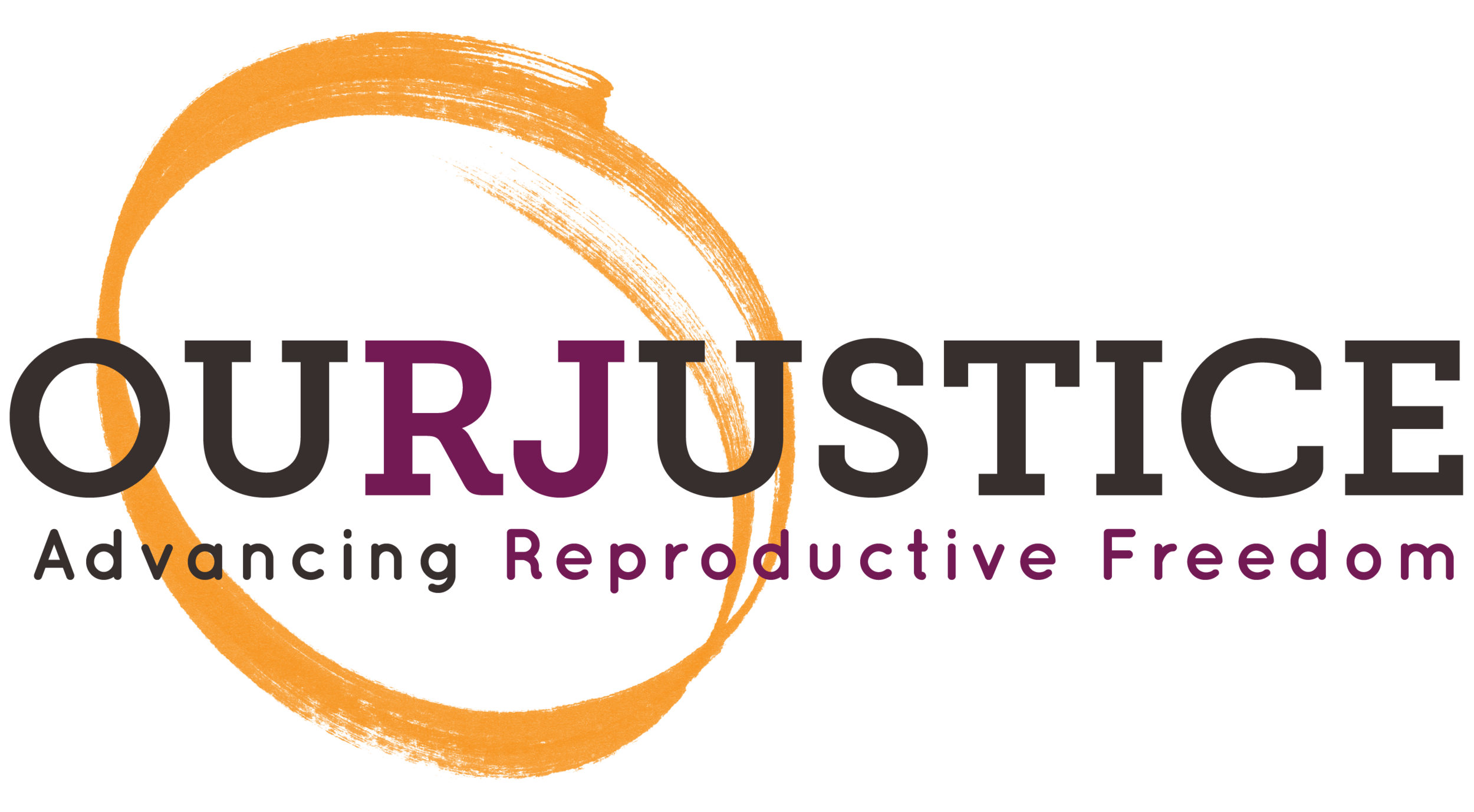Holding Space For A Black Mama Who Matters
Brittany Delaney is a spoken word artist, a friend, community member, and Black mama of two surviving the autoimmune disease, lupus. While undergoing treatment this past February at M Health Fairview Ridges, Brittany was subjected to the racist, negligent care that is all too common for Black people in our hospital system.
Doctors and nurses repeatedly failed to inform her about changes to her care, mismanaged her medications, and refused to listen to Brittany when she experienced pain and negative reactions to the doctors’ treatments. Hospital staff tried to coerce Brittany into signing inaccurate discharge forms to relieve themselves of responsibility for her care. The medical providers entrusted with Brittany’s care refused wheelchair rides, made thinly-veiled threats to her primary care physician, and botched a basic surgical procedure for Brittany that prompted severe migraines and yet another trip to the hospital to correct the error.
All of this during a pandemic where Brittany cannot have visitors, forcing her to navigate these injustices and figure out how to pay the hospital bills - all while she is trying to parent her children.
This is just a brief snapshot of a document detailing the medical racism Brittany is facing while trying to navigate a system that is supposed to take care of her. On Black Maternal Health Week, we want to acknowledge that although conversations around Black maternal health typically focus on birthing, the health of Black mamas goes beyond birthing to include all of the care and resources needed to keep Black mamas and families healthy for their whole lives.
Black maternal health means caring for the whole person, building a vision of Reproductive Justice where Black mamas have the power, autonomy, and resources they need to have safe pregnancy outcomes and raise healthy families. In this world, Black mamas raise their kids in communities with abundant care, love, and room to grow - free from fear of police violence and white supremacy. In this world, Brittany’s needs are taken seriously, and she can go to a hospital knowing that doctors are there to prioritize her comfort so she can go home safely to her family.
But we just aren’t there yet. Black mamas still lack access to systems that truly care for us. If we have a medical emergency, we can’t trust hospitals to treat us with compassion and care. If we are in crisis, we can’t call the police without fear of violence against us and our families. If we want our story told, we can’t depend on the media to accurately tell our stories without exploiting them. We turn to our community to get our needs met, to fellow Black mamas who face the same racism of a system that constantly exploits, devalues, and extinguishes Black life. Our community is what holds us, gives us rides, keeps us company on the phone, brings us meals, and advocates for the value of our lives when systems of power fail us.
But the reality is that those systems of community care are not well-resourced, and to achieve Reproductive Justice we have to dismantle white supremacy by uplifting and prioritizing the networks of community care that truly sustain us. We need doctors and nurses who look like us, who know our lives and know that the health of Black mamas is bound up with the health of Black families and communities. We need care that is affordable and accessible, and we need to know that if something goes wrong in our treatment, our voices will be heard. How can we expect Brittany to be there for her kids if she can’t get what she needs to care for herself?
It is a privilege to believe systems of power - hospitals, police, government - exist to care for you. It’s a privilege that Black women have never had. This Black Maternal Health week, we remain committed to holding Black life sacred, to nourishing the health of Black mamas and realizing a full vision of Reproductive Justice.
To support Brittany, please consider providing direct aid to her via Paypal or CashApp.
Black Maternal Health week was an initiative created by Black Mamas Matter - we at Our Justice recognize and respect that many people with the ability to birth may not resonate with the term mama. Your health, your family, and your bodily autonomy are essential parts of the vision for Reproductive Justice.
